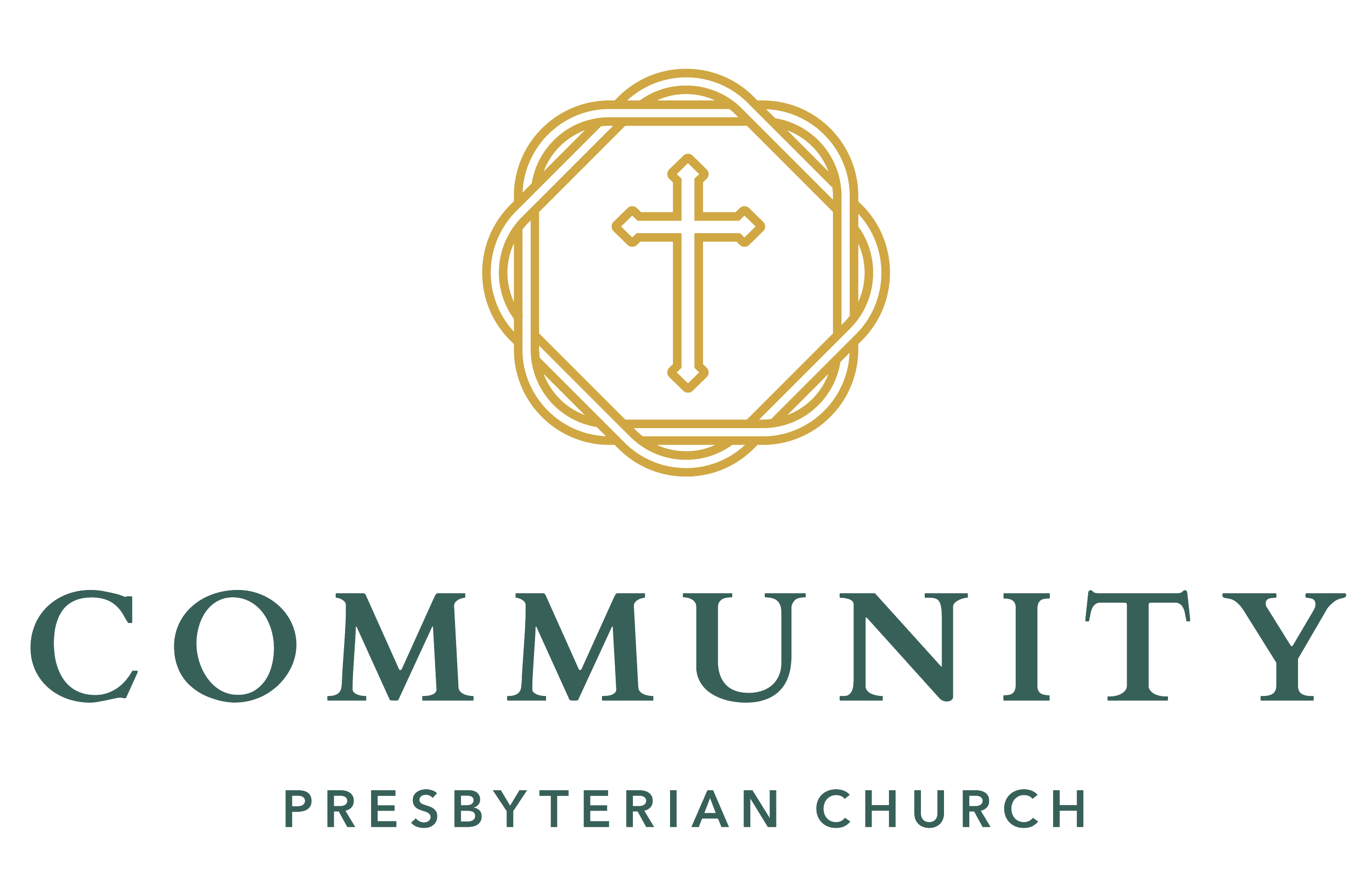The Reformers on Baptism
Considering it is Reformation Day, and also considering we hope (Lord-willing) to witness the sacrament of baptism this Sunday, it would be fitting to consider some of the teachings of the Reformers on the subject. A whole book could be filled (and many have!) on this subject, so we will have to limit ourselves to just a few key observations.
The sacraments are the visible Word of God. The sacraments are meaningless by themselves, unless they have the preached Word accompanying them. For it is this Word that they represent and confirm to God’s people. Calvin wrote in his institutes that apart from the preaching of the word, the sacraments have “no effect,” are “pure corruption,” and are “empty and delusive signs.”
The sacraments require faith. Contrary to Rome, the Reformers did not believe that the sacraments had any power or efficacy just by nature of being a sacrament. Baptism didn’t save you (i.e., baptismal regeneration). The Reformers argued that the sacraments require faith. Again, Calvin: “Let it be regarded as a settles principle that the sacraments have the same office as the Word of God: to offer and set forth Christ to us. But they avail and profit nothing unless received in faith.” Through faith, the Holy Spirit makes the sacraments effectual for the recipient.
Infants of believing parents ought to be baptized. The previous point, that baptism required faith, would seem to some a perfectly sound argument itself against infant baptism. On the contrary, the Reformers were clear to point out a distinction between adult and infant baptism. While adult baptism requires repentance and faith prior to receiving the sign, children were to grow up into repentance and faith because they received the sign. They saw this as following the principle set forth in the Old Testament with the sign of circumcision. Both baptism and circumcision show forth the same reality: belonging to God’s covenant people. There were two ways to be a part of the covenant in the OT: being born into it, or as an outsider by taking the necessary steps to come into it. William Ames represents the Reformation view when he wrote in his systematic theology: “Faith and repentance no more constitute the covenant of God now than in the time of Abraham. Therefore, the lack of [faith and repentance] ought not to prevent infants from being baptized any more than it prevent them from being circumcised then.”
Baptism is admission into the church. This understanding is replete throughout Reformed writings. The sacrament of baptism is the sign that we have been united to Christ and therefore are part of his body, the church. “Baptism is a sacrament of the new testament, ordained by Jesus Christ, … for the solemn admission of the party baptized into the visible church” (Westminster Confession of Faith 28.1). “By [baptism] we are received into God’s church and set apart from all other people and alien religions, that we may be dedicated entirely to him” (Belgic Confession 34). Baptism is “a sign of initiation for God’s people” (Second Helvetic Confession 20).
Baptism if of ongoing significance to the believer. We need to reclaim the language of the Reformers, who often spoke of “looking back” to their baptism as a way of strengthening their faith and dispersing their doubts. Martin Luther once said, “The only way to drive away the Devil is through faith in Christ, by saying: ‘I am a child of God, I am baptized, I believe in Jesus Christ crucified for me.” This is something we don’t consider too often today, but like Luther, we should look back to our baptism to dispel any and all spiritual fears. “I am baptized into Christ. I am united to Him. He owns me. Nothing can change that.” Truly, rather than saying “I was baptized” we should say “I am baptized”—while it happened once, it continually seals us into Christ.
